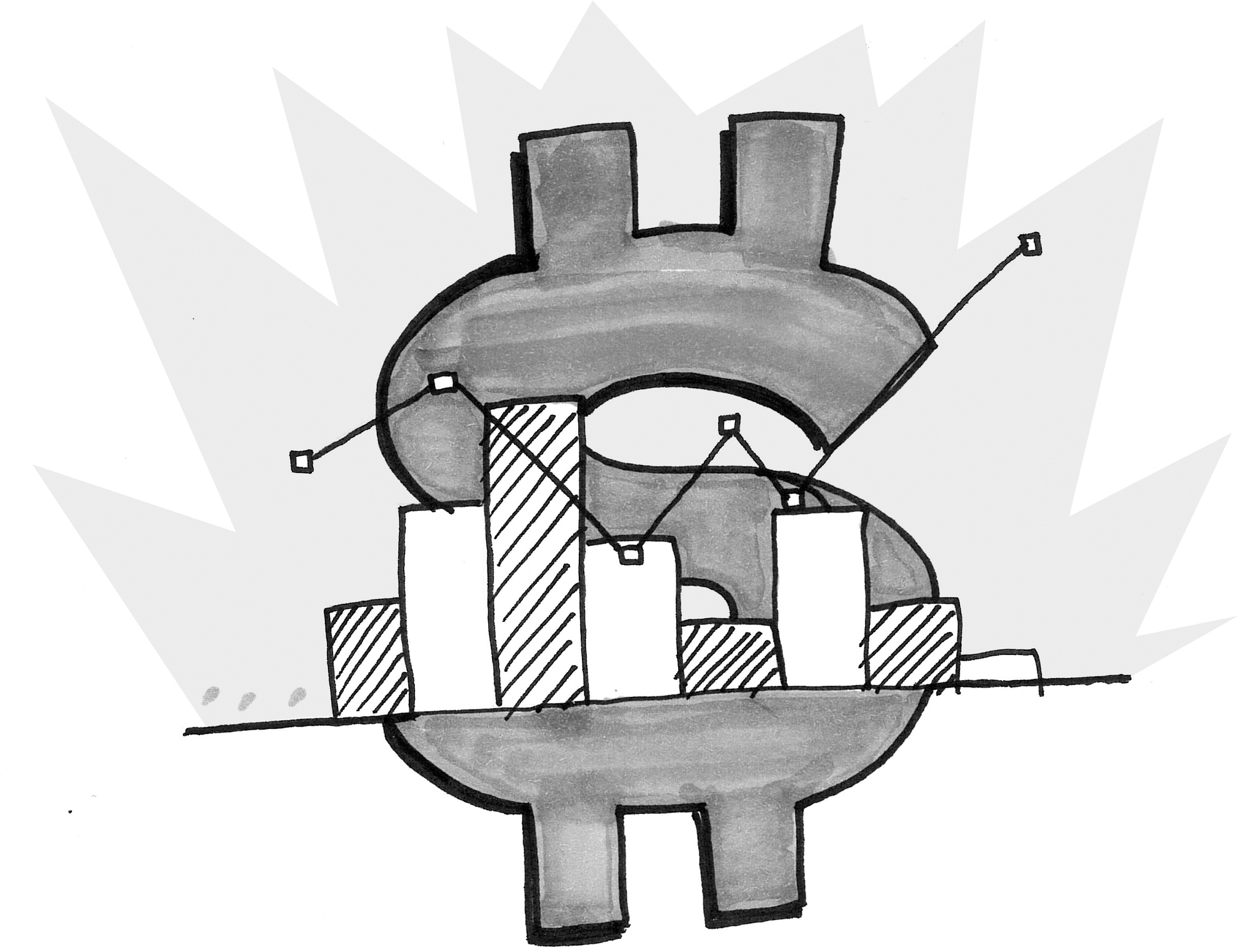Why every student has the right—and the knowledge—to participate in the stock market
Hoon Kang
Contributor

The current status of the stock market is a primary focus in the news, on websites, and even in our daily conversations. There are countless amounts of television shows and channels, which dedicate their entire air time to forecasting the future of the financial industry.
But the mechanics behind the finance market have often been a mystery to many. You can hear infinite amounts of sources promising that various companies will rise or fall. Ironically, these sources have also claimed that Research In Motion (RIM) would rise significantly after the release of the BlackBerry Torch. And look where it is now.
So how does the stock market work?
There are two major factors that affect the value of a share in the stock market. The first is the performance of a specific company, and the second is consumer perception.
The relationship between company performance and the value of its stock is somewhat obvious; a stock represents a small portion of a company. When one purchases a stock, he or she becomes a shareholder of the company, which means she/he owns a fraction of the company itself. If the company shows that it performed well over a certain period of time, then the value of the company rises along with its performance.
It requires some time and effort to truly understand how a company is performing. Its expected profit margins, financial reports, and the activities of a company must be taken into account in order to realistically compare the price of its stock to its performance.
However, this does not necessarily mean that many of us (liberal arts students, to be specific) will never understand the stock market without a deep understanding of economics and the business world at large.
The reason for this is simple: the way in which we perceive an economy has become more influential to the financial market than ever before. The political environment of a country is becoming more influential to the prices of a stock, primarily because of financial globalization.
The current European debt crisis, the wars across the Middle-East, and the rising income disparities in China and the United States are parts of this overall perception. The more stable a country proves (or seems) to be, the more we would want to invest in that country, and thus the general value of the stocks in that country would rise.
If this is the case, we can try to find companies that perform moderately, without any plans for risky expansions, and still benefit from the financial market as well. Our knowledge in the social environment would have contributed to an accurate forecast of the future value of a company.
As students at York we can all use what we have learned in university for our benefit in the financial market, even if you are not a business or economics major. At the end of the day, stocks and stock markets should be second nature to us; they shape our financial future, and are in turn shaped by our public perception.




